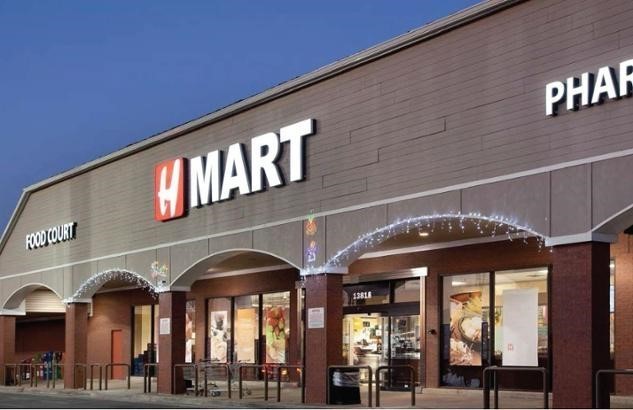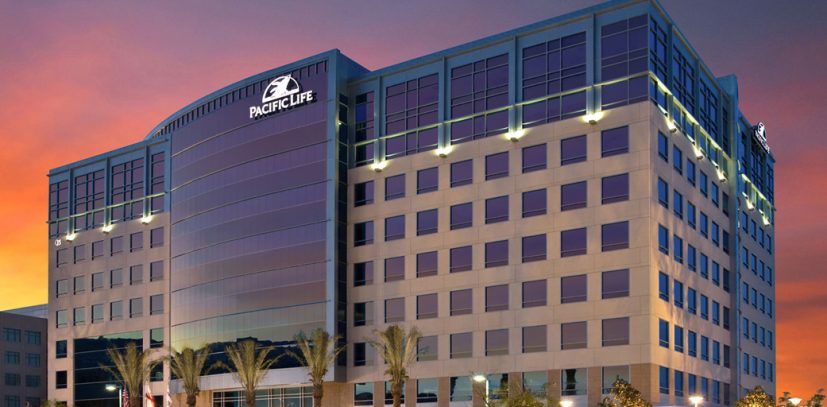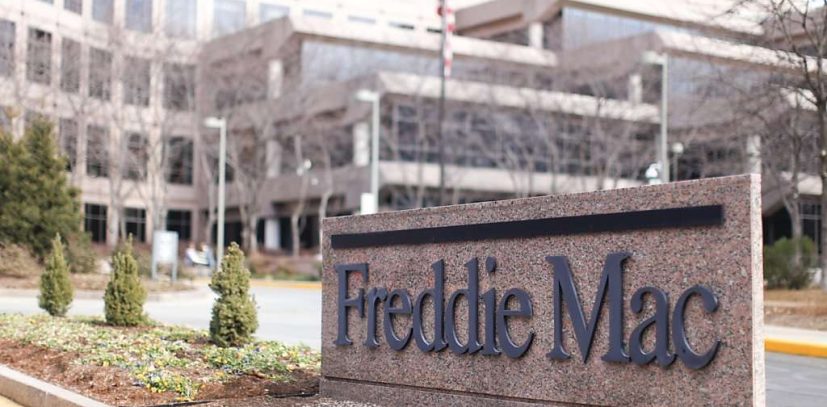As headlines seem to be occurring weekly regarding national retailers liquidating,closing stores or being downgraded to junk credit, there has been a significant trend of expansion by Asian owned grocery store chains in the USA. Analysts attribute this to rapid expansion of the Asian population in urban areas as well as changing tastes and preferences of American consumers (EVERYONE loves Sriracha these days). Not only are they back filling tough retail space, but they are actually changing the dynamics of entire markets.
Here are just a few recent examples:
- 99 Ranch Market will anchor a retail center in a revitalizing area in Austin, Texas.
- Super H Mart opens a store in an 11th American state; Cambridge, Massachusetts.
- Lotte Plaza Market back fills a vacant Toys R Us space in Catonsville, Maryland and H Mart back fills a vacant grocery box close by to compete with them.
For an ongoing illustration of Asian retail actually rescuing an entire market, one can look to Gwinnett County in the Northeastern Atlanta, GA MSA:
The Gwinnett sub-market is a regional mall/power center heavy area that was absolutely decimated by the downturn. Already feeling pressure from the construction of the Mall of Georgia and Discover Mills malls to the north and the Simon Property Group options within the Perimeter, the 2008 shock lead to multiple large CMBS loan defaults of centers that were already longsuffering due to competition. Distressed big box anchored centers along the main thoroughfares languished in special servicer/receivership limbo up until 20152016, and many of the massive power center boxes had been vacant for quite some time, or large national tenants stuck around on month to month leases.
During the 2000’s Gwinnett County’s Asian population increased significantly. The area around Gwinnett Place Mall has transitioned from the usual national retail suspects into a hub for Asian businesses. The Georgia Asian Times Magazine (printed and distributed from Suwannee in Gwinnett County) has indicated that Asian businesses are moving into Duluth, such as the Korean defense manufacturer Dasan, partnering with Governor Deal and Gwinnett County to create 150 new jobs and invest $40M, moving their first American headquarters to the city of Duluth.
This transformation is currently underway in the sub-market, with the international Koreanbased retailer Mega Mart back filling a large vacated Macy’s anchor space in the Gwinnett Place Mall in 2010. The large special services REO assets were sold to Asian investment groups who are back filling some of the box spaces with seafood wholesale/retail and other large (and small) footprint Asian market uses. One only needs to cruise down Pleasant Hill Road to notice the large amount of retail signage with prominent Korean business names… written in Korean.
So will a solution to big box worries and woes be the offering of 20+ styles of kimchi? Super H Mart currently has 52 stores across the nation, and they have recently announced a strategic partnership with Instacart, an app that provides grocery delivery in certain markets. These chains are innovative, their footprints are attractive, they are not shy about back filling failed retail box space and customers love them (at least according to Yelp). Maybe one of the solutions to backfilling the space left by dying American retailers is reasonably priced meats, fish and durian fruit.











